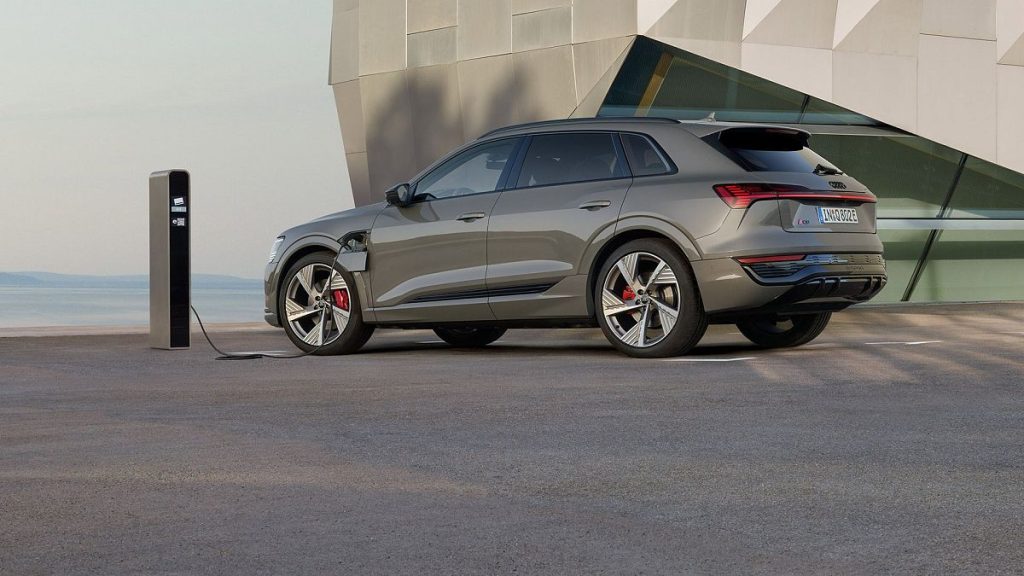The Audi plant in Brussels, Belgium, which assembles an €80,000 electric SUV, is facing challenges as the high price of the vehicle makes it unaffordable for many in the European market. Production of the electric SUV may relocate to Mexico after 2025, leading to concerns among workers and unions. The plant is considering options such as converting to produce other Volkswagen group models or selling to another car manufacturer, but finding a suitable buyer has proven to be a challenge. Unions are calling for the company to prioritize maintaining jobs at the plant, as thousands are employed in Brussels and the surrounding area.
The European automotive industry is grappling with the transition to electric cars, with a focus on producing expensive and luxurious models that are out of reach for many consumers. This approach has led to overproduction and financial challenges for manufacturers like Audi. The Belgian unions are critical of this strategy, arguing that car manufacturers have prioritized profits over sustainable and accessible electric vehicles. Despite low sales figures for electric cars in the EU, the unions are advocating for continued support for the sector to ensure a successful transition to more environmentally friendly vehicles.
Unions at the Audi plant in Brussels are demanding more public funds for the automotive sector to support the ecological transition and ensure the creation of quality jobs. Members of the European Parliament have visited the plant to discuss the challenges facing the industry and potential solutions. The discussion includes the possibility of imposing tariffs on cheaper Chinese electric cars, which could help level the playing field for European manufacturers. MEPs are also considering measures to promote investment, job creation, and the development of new technologies within the automotive sector.
The Belgian MEPs visiting the Audi plant emphasize the need for a comprehensive reindustrialization plan that goes beyond protectionist measures. They argue that interventions in taxation, worker training, and research and development are necessary to support the growth and sustainability of the European automotive industry. The challenges facing the plant in Brussels highlight broader issues within the European automotive sector, including the need for a more ambitious and coordinated approach to transitioning to electric vehicles and ensuring the competitiveness of European manufacturers in the global market.
Overall, the situation at the Audi plant in Brussels reflects broader trends in the European automotive industry, where the transition to electric vehicles has posed challenges for manufacturers and workers alike. The high cost of electric cars and overproduction of luxury models have raised concerns about the industry’s sustainability and competitiveness. Unions and policymakers are calling for targeted interventions and support to facilitate a successful transition to electric vehicles while ensuring the preservation of jobs and the continued growth of the European automotive sector. The future of the plant in Brussels remains uncertain, underscoring the need for strategic planning and collaboration to address the challenges facing the industry.













